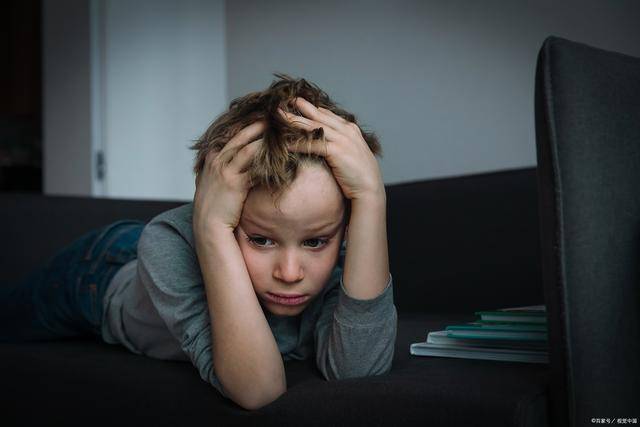Hello everyone, I am pediatrician Li Liqiang. Today, I will talk about the types of families that are most likely to raise children with depression, and parents must avoid these points!
In today’s society, children’s mental health issues are increasingly prominent. Shocking data shows that one in every five children may be suffering from depression. This phenomenon not only reflects the enormous pressure faced by modern children but also reveals the profound influence of family environment on children’s mental health. The following three types of family environments are particularly prone to becoming breeding grounds for children’s depressive emotions.
1. High-pressure and harsh family atmosphere
In many families, parents have high expectations of their children, viewing academic performance as the sole criterion for measuring a child’s worth. This high-pressure educational environment causes children to be in a state of tension and anxiety for a long time. When their grades slip slightly, they may face severe criticism or even punishment. Children in such an atmosphere often lack confidence, fear failure, and are prone to self-doubt and feelings of defeat. Over time, they may become depressed and even lose interest in learning and life.
2. Lack of communication and understanding in the family
Communication is the bridge of family relationships, but in some families, communication between parents and children is severely lacking. Parents are busy with work, neglecting their children’s emotional needs, or habitually using commands and accusations instead of communication. Children growing up in such an environment easily feel lonely and helpless, having nowhere to turn to when they encounter problems, and can only silently bear them. This emotional suppression gradually accumulates into a heavy psychological burden, which may eventually trigger depression.
3. Negative evaluations and labeling in the family
“Why are you so stupid?” “You can’t do anything right!” These seemingly careless words can become indelible shadows in a child’s mind. Some parents are accustomed to using negative evaluations to motivate their children, overlooking the serious harm this practice does to their children’s self-esteem. Psychologist Claude proposed the “labeling effect,” stating that labeling children with negative labels will make them subconsciously agree with these evaluations, thus limiting their own development. Children who are constantly subjected to this negative evaluation are prone to developing a state of inferiority and depression.
How can the family environment be improved to prevent children from becoming depressed?
Faced with the above problems, how should parents improve the family environment to prevent children from being depressed?
Establish reasonable expectations: Parents should set realistic expectations for their children based on their actual circumstances, avoiding putting too much pressure on them. At the same time, focus on the child’s overall development rather than just academic performance.
Enhance communication and exchange: Parents should spend more time with their children, listen to their voices, understand their needs and confusion. Through positive communication, build a relationship of trust and support within the family.
Provide positive encouragement and support: Parents should use positive language to encourage their children, affirming their efforts and progress. Avoid using negative evaluations or labeling children to avoid harming their self-esteem and confidence.
Cultivate interests and hobbies: Encourage children to participate in a variety of activities to develop their interests and hobbies. These activities not only enrich children’s extracurricular lives but also help them release stress and regulate emotions.
Pay attention to mental health: Parents should pay attention to their children’s mental health status. If signs of depression are noticed in children, seek professional help promptly. At the same time, parents should strengthen their own mental health building, influencing children with a positive and optimistic attitude.
The family environment has a crucial impact on children’s mental health. Parents should strive to create a warm, harmonious, and supportive family atmosphere to provide solid support for the healthy growth of children. Only in this way can we effectively prevent the occurrence of childhood depression and allow every child to grow happily under the sun. #ChildDepression#


